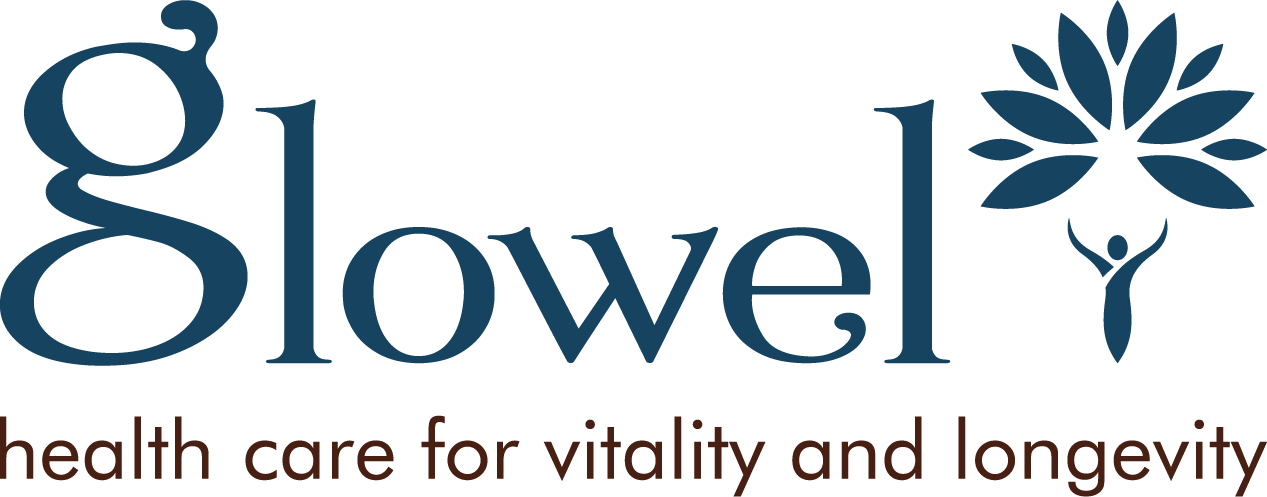Heart disease, also known as cardiovascular disease, is a series of physical conditions of the heart, the arteries and the blood vessels within the scope of the cardiovascular system.
It can be an in-born heart condition such as congenital heart disease, or a developed condition such as blood vessel diseases and coronary artery disease. Most developed cardiovascular diseases come from plaque or blockage of the arteries which disrupts the blood flow to and from the heart. Severe cases can lead to a stroke or heart attack, and both can be on fatal levels.
Heart disease is the leading cause of death year by year for both men and women. In the United States alone, statistics show that one in every four death records are due to heart diseases and each minute someone dies of heart related disease. Coronary heart disease is the most common cause of heart deterioration and cardiac arrest.
Most individuals who develop heart problems (except for in-born heart conditions) are seen to have pre-occurring health problems concerning other organs or they live an unhealthy lifestyle. Needless to say, the heart depends on how you take care of it, literally. Here is what you need to know about heart disease.

Risk Factors
Some cardiovascular problems are developed from lifestyle habits and/or co-occurring health conditions. Studies show that people with the conditions listed below has high risks of developing heart disease. Among these risk factors are:
- Hypertension, high blood pressure
- High cholesterol levels in the blood
- Obesity, overweight
- Diabetes
- Poor diet which can either be too much or lack of eating habits and eating unhealthy food
- Sedentary lifestyle, lack of activity and exercise especially cardio exercise
- Frequent alcohol intake
Signs and Symptoms
There are different types of heart diseases which can have different signs and symptoms. At the same time, common symptoms may not directly be correlated to a heart disease. An individual can experience small symptoms while the heart is completely healthy. Still the best way to identify a heart disease is through regular visitations to the doctor.
Among the common signs and symptoms of heart disease are:
- Frequent shortness of breath or lack of agility and endurance
- Palpitations and irregular heartbeats – this can include a “flip-flop” feeling in the chest area
- Frequent dizziness and nausea
- Discomfort and heaviness in the arm, below the breastbone and chest area
- Feeling discomfort of even pain in the throat, jaw, arm and back area
- Frequent heartburn, indigestion or feeling full after eating even just a small amount
- Fainting
- Lack of energy to perform regular tasks
- Sudden weight gain even with controlled diet
- Swelling of the feet, ankles or abdomen
- Incurable cough
Types of Heart Problems
There are many types of heart problems which also have different connotations in the heart and the physical abilities of the individual. An individual can have one or co-occurring heart conditions as below:
- Coronary Artery Disease is also known as angina or chest pain. This can either be stable or unstable angina and the symptoms would also vary.
- Arrhythmias is a heart condition that bring abnormal heart rhythm and frequent palpitations.
- Atrial Fibrillation is a type of arrhythmia but have little to no symptoms.
- Heart Valve Disease is a problem with the valves of the heart, which can show symptoms such as swelling of the feet, ankles and abdomen.
- Heart failure is the weakening of the heart and its functions.
- Congenital Heart Defects are conditions that are mostly diagnosed at birth or during childhood. This is commonly detected because of a “heart murmur”.
Heart Health
A healthy heart is a happy life. Individuals who have healthy hearts are able to experience and do more physical activities than individuals who are diagnosed with heart problems. Improve heart health with these habits:
- Healthy diet: The food we eat and our diet greatly influences the health of our heart. Choose food that are good for the heart. Avoid fatty foods as this can form plaque and blockage in the arteries.
- Lifestyle change: Cigarette smoking and drinking alcohol frequently are unhealthy and are known to be a cause of developing cardiovascular problems. Avoid these habits and choose a healthy lifestyle.
- Heart supplements: Vitamins for the heart such as omega 3, vitamin D, magnesium and other nutrients are good and healthy additions to your diet. Apart from the healthy food and lifestyle, heart supplements can also boost and maintain the heart’s health.
As studies show that heart disease is the leading cause of death in both men and women year by year, it should be a wakeup call for everyone. The heart – as it is the main source of our life – should be well taken care of, above anything else. When a heart problem starts to develop, this can completely alter the life of a person and would limit the activities, sports and basically all physical-related acts that can stress the heart. Keep the heart healthy and live a longer, fuller life.



